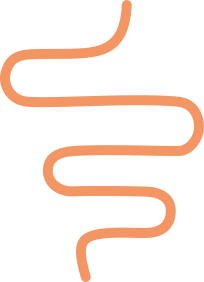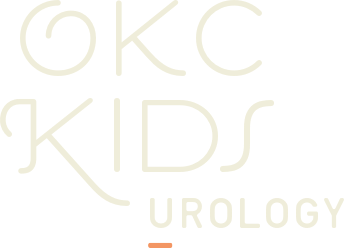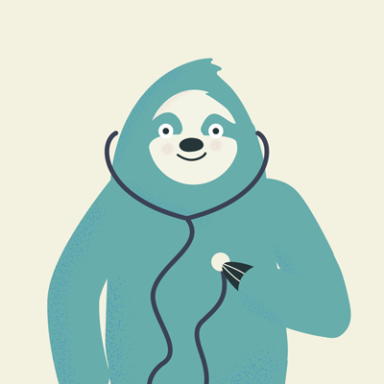
Conditions we Treat
OKC Kids Urology treats individuals with a wide variety of pediatric urological conditions. We see newborns to those 21 years of age, as well as adults who continue to have issues with pediatric urological conditions.
Some conditions require surgery, while other conditions can be monitored with ultrasound, x-ray and/or labs and do not require surgery. Our team will assess each patient individually to determine the best treatment plan for your child.


Some of the conditions we treat include:
- Ambiguous Genitalia/Disorders of Sexual Development (DSD) – If a newborn’s genitalia isn’t clearly identified as male or female, the newborn has ambiguous genitalia. This is a complex condition and Dr. Kropp and his team will work with you to determine the best treatment, which may include surgery or close observation. We are one of 12 national sites involved in the NIH-funded multi-institutional research study involving children born with this rare condition.
- Bladder Exstrophy and Epispadias – Classic bladder exstrophy is a rare birth defect that prevents the lower abdomen from fully developing and the bladder then forms in an “inside out” fashion and protrudes outside of the belly. Epispadias is a rare birth defect that affects the lower urinary tract formation of the urethra.
- Cloacal Exstrophy – Cloacal exstrophy is a severe birth defect that causes a baby to be born with several abdominal structures outside of the body, deformed genitalia, and no anus. Dr. Kropp and his team are skilled at treating and managing this rare and complex condition.
- Concealed/Buried Penis and Chordee – Concealed/buried penis and penile chordee are fairly common conditions, affecting one in every 200 baby boys. Penile chordee is the curvature of the penis that can affect urinary and sexual functioning.
- Congenital Adrenal Hyperplasia – Congenital adrenal hyperplasia is an inherited genetic disorder. It affects the adrenal glands and their production of cortisol, aldosterone, and androgen. “Salt-wasting” CAH causes a salt imbalance that can be life-threatening and requires lifelong medication.
- Hydronephrosis – One of the most common antenatal urological conditions seen where excess urine is collected on the kidneys and can cause problems with urinary flow. It is classified from mild to severe and can be both a variant of normal or have an underlying cause
- Hypospadias – One in 200 boys are born with hypospadias, which causes the urethra to open on the underside of the penis instead of the tip.
- Neurogenic Bladder – Neurogenic bladder occurs when a brain, spinal cord, or nerve condition causes a child to be unable to control his or her bladder. Treatment can include timed voiding, a catheter, medication, or, in certain cases, surgery.
- Newborn Circumcision – If you decide to circumcise your son, we will make the process as comfortable for your child as possible. Circumcision is the removal of the foreskin from the penis.
- Penile Adhesions – Penile adhesions, in which part of the penis skin is stuck to the head of the penis, generally separate on their own. However, sometimes they must be separated surgically.
- Phimosis – Phimosis occurs when the foreskin of the penis becomes progressively tighter and can no longer retract over the head of the penis. Phimosis can often be treated with a prescription steroid cream, although it can also be treated through surgical procedures.
- Recurrent Urinary Tract Infections – If a child repeatedly gets urinary tract infections, it could suggest an underlying disorder. Recurrent UTIs can also lead to kidney damage. Therefore, recurrent UTIs should be evaluated and monitored.
- Renal Stones (Kidney Stones) – Minerals in the urine can crystalize and cause renal, or kidney, stones. If not properly treated, kidney stones can cause pain and long-term problems. Kidney stones are less common in children and may signal an underlying condition.
- Spina Bifida – Spina bifida is a neural tube birth defect. The mild form rarely requires treatment, but the more severe forms can cause nerve damage and health problems if left untreated.
- Testicular Torsion – Testicular torsion can occur in boys of any age and is characterized by a sudden, sharp pain in the testicle. The spermatic cord twists and cuts off blood supply to the testicle. Testicular torsion is a medical emergency and requires immediate ER treatment.
- Undescended Testicle (Cryptorchidism) – Undescended testicles are common, occurring in 30 percent of premature boys and 4 percent of full-term boys. Often undescended testicles will correct themselves over time, but sometimes they require surgery. We will examine your child to determine the best course of action.
- UPJ (Ureteropelvic Junction) Obstruction – A child can be born with a UPJ obstruction, or it can develop later. The ureter is blocked where it connects to the kidney and causes urine to back up in the kidney. It can be painful and, if left untreated, cause kidney deterioration.
- Varicocele – A varicocele, which is a dilation of the veins leading to the testicle, usually occurs during puberty and affects 15 percent of the male population. Varicoceles can generally be managed with regular exams.
- Vesicoureteral Reflux – If a child has vesicoureteral reflux, urine flows backward from the bladder into the kidneys. It can spread bacteria to the kidneys and cause kidney damage.
- Video Urodynamics – A procedure that is performed in a state-of-the-art urodynamics suite to assess all aspects of bladder function that are a key component in diagnosing, treating, and surgically repairing various urological conditions.
meet our team



















